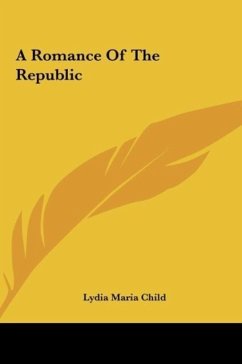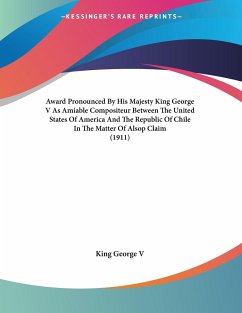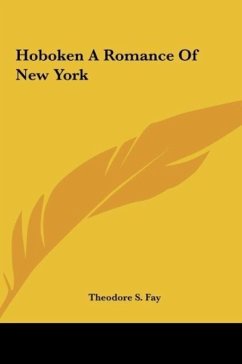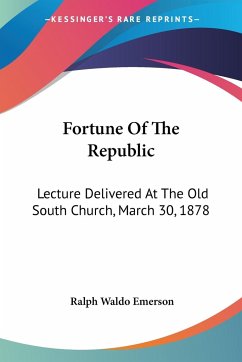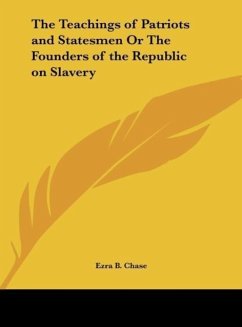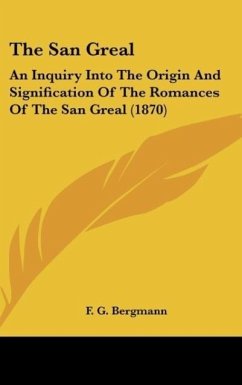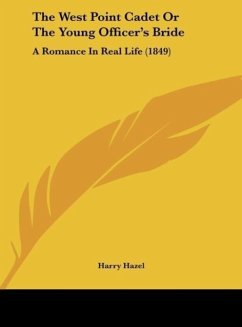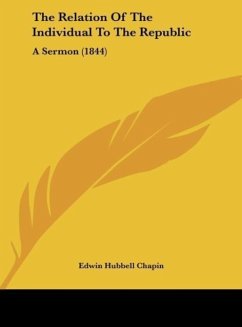Mr. Fitzgerald lingered on the wharf till the vessel containing his treasure was no longer visible. Then he returned to the carriage, and was driven to his hotel. Notwithstanding a day of very unusual excitement and fatigue, when he retired to rest he felt no inclination to sleep. Rosabella floated before him as he had first seen her, a radiant vision of beauty surrounded by flowers. He recalled the shy pride and maidenly modesty with which she had met his ardent glances and impassioned words.
Hinweis: Dieser Artikel kann nur an eine deutsche Lieferadresse ausgeliefert werden.
Hinweis: Dieser Artikel kann nur an eine deutsche Lieferadresse ausgeliefert werden.

